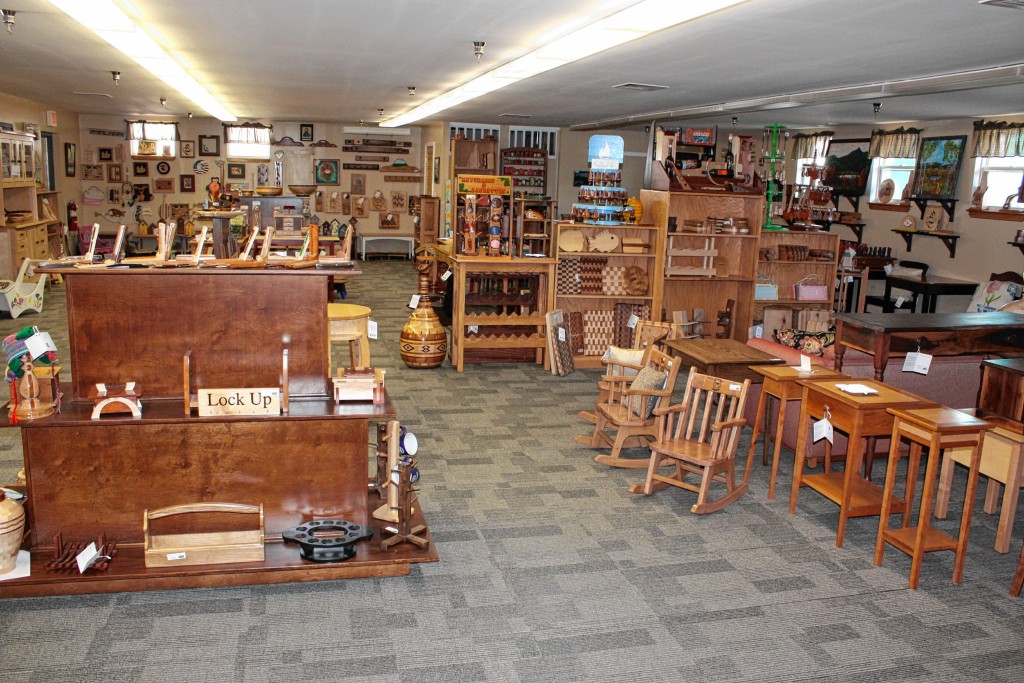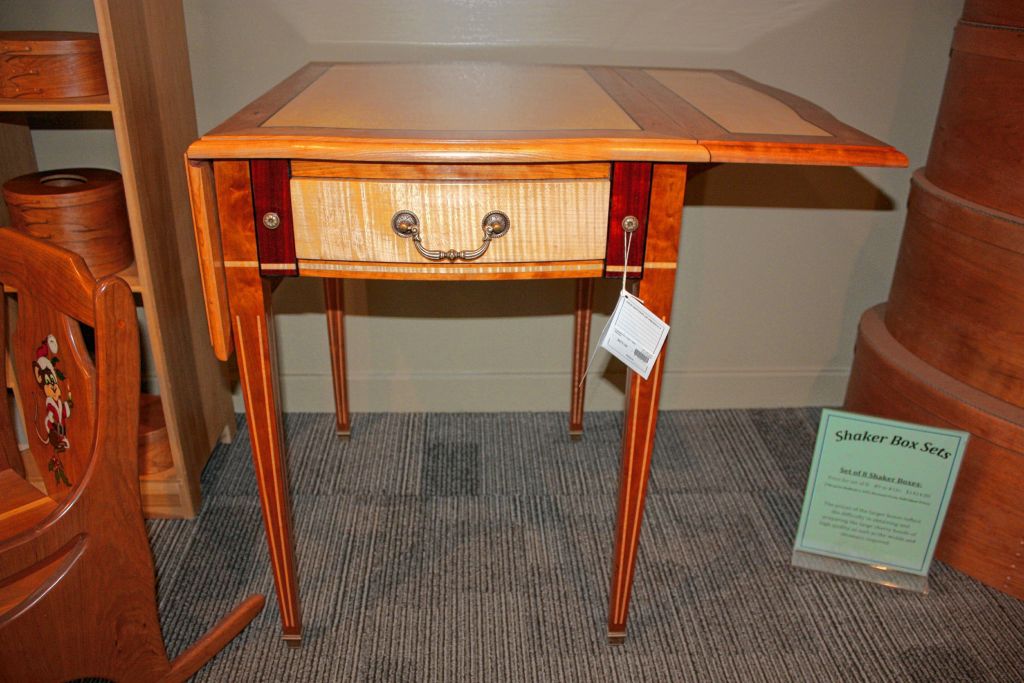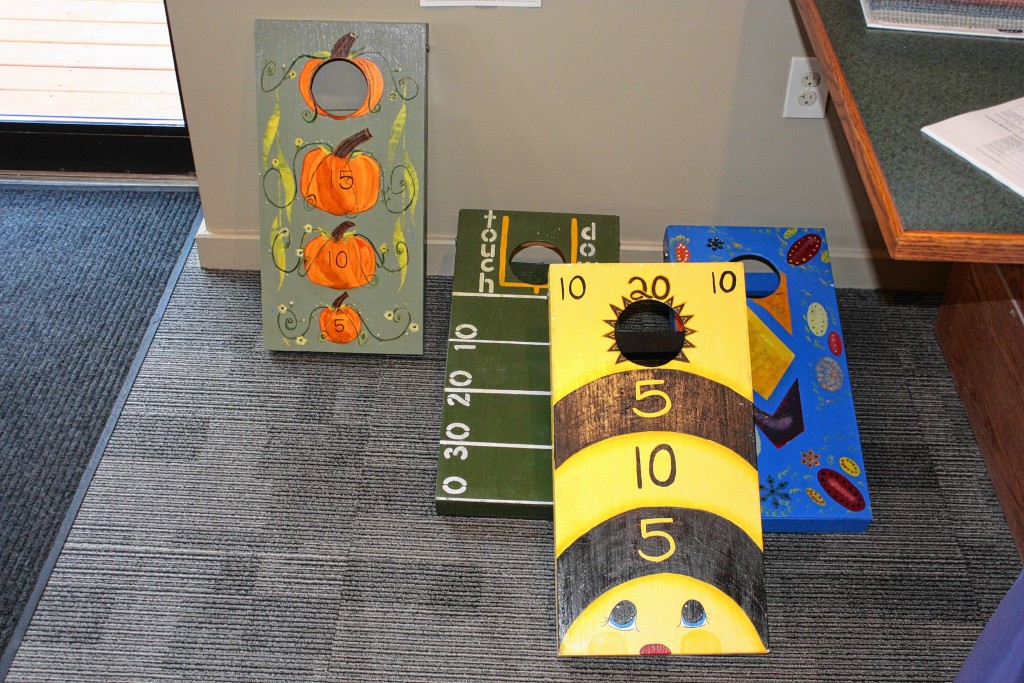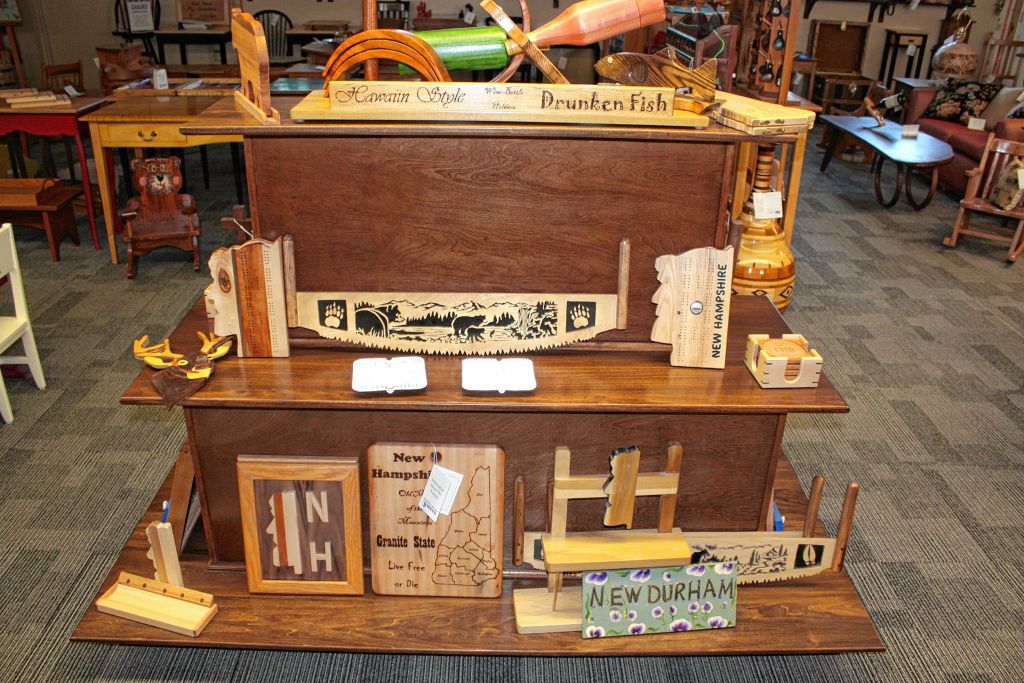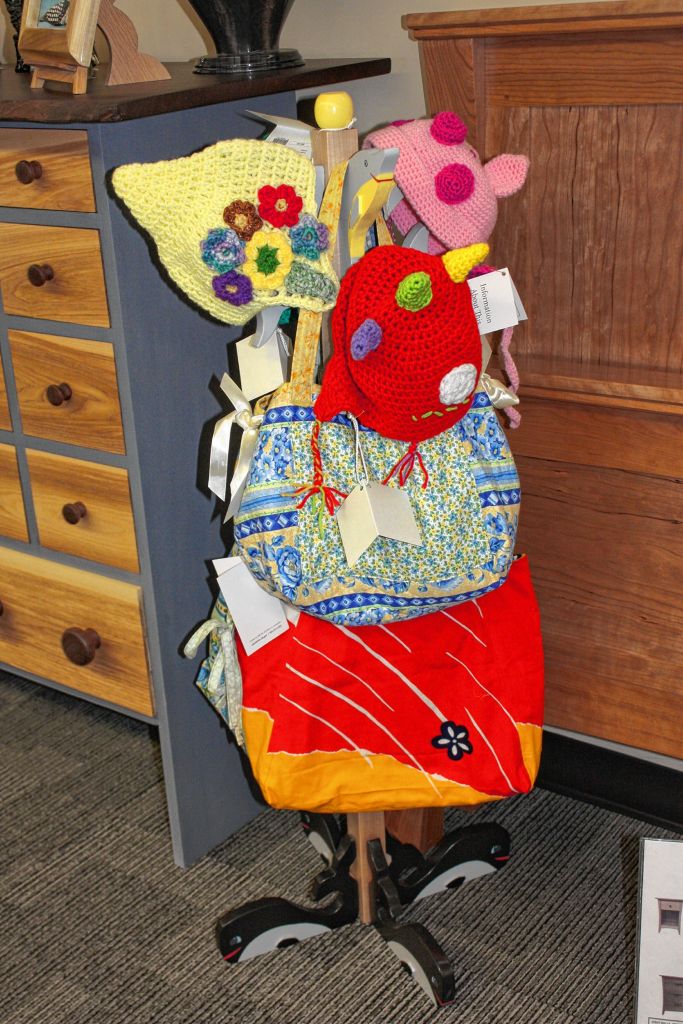When you’re in the market for local, handmade, high-quality goods, there’s probably only one place on your radar: prison.
No? That’s weird, because that’s where we would go.
Well, maybe not the actual prison exactly, but certainly the Correctional Industries Retail Showroom, right across the street from the men’s lockup in Concord.
The North State Street storefront was recently renovated and opened to the public at the end of May. Inside, there are all kinds of one-of-a-kind, handmade goods, all made by New Hampshire inmates. Products range from cribbage boards to coffee tables, ash trays to office desks – it’s an impressive variety considering everything is handmade using fairly limited resources.
The goods are the products of two programs: Correctional Industries and Hobbycraft.
“Correctional Industries does mostly contract work,” said Ron Cormier, administrator at New Hampshire Correctional Industries. “When it’s slow, they make stuff for the store. Hobbycraft is a recreational program that inmates do on off time.”
The store sells items from both programs, and goods are made by male and female inmates from all of the state’s prisons. The industries program is more of an instructional one. This is where everybody starts, and projects typically include basic things like cutting boards and cribbage boards.
The Hobbycraft program is for those who have learned a thing or two about woodworking over time. This program produces detailed pieces like fine desks, dressers, tables and chairs, vases, urns and pieces of art.
“There are some really talented people,” Cormier said, and that was an understatement – walking through the place makes you feel like you’re in some high-end boutique.
“The quality is very, very high,” Cormier said.
There are two woodshops – one in Concord and one in Berlin. The industries program runs five days a week, while the Hobbycraft program is done sporadically but usually at least twice a week, Cormier said.
Inmates get to set their own prices and keep 65 percent of the sale price, and they earn wages between $2 and $5 a day, Cormier said. After the inmate’s 65 percent, 10 percent goes to an inmate recreation fund and 25 percent goes to the store.
“Some people make decent money,” Cormier said. Prices range from a dollar all the way up into the thousands. The priciest item in the store as of a few weeks ago was about $1,900, Cormier said.
Inmates get accounts that the money goes into, and they can use that on canteen items inside or send it out to family if they want. They can also put this money toward building materials, as each inmate is responsible for those costs.
There’s a wide variety in terms of the types of things that are sold, but small furniture items are among the most popular, Cormier said. You’ll see plenty of coffee tables, end tables, stools, chairs, desks and shelves, and no two are the same.
Apart from being able to make a little snack money, the programs provide the inmates a chance to just get up and put in an honest day’s work, the way they did on the outside, Cormier said.
“It makes things feel normal,” he said. “That way, when they get out, it’s an easier transition.”
The store, at 312 N. State St., is open weekdays except Wednesdays, from 10 a.m. to 6 p.m. and Saturdays from 10 to 4.

